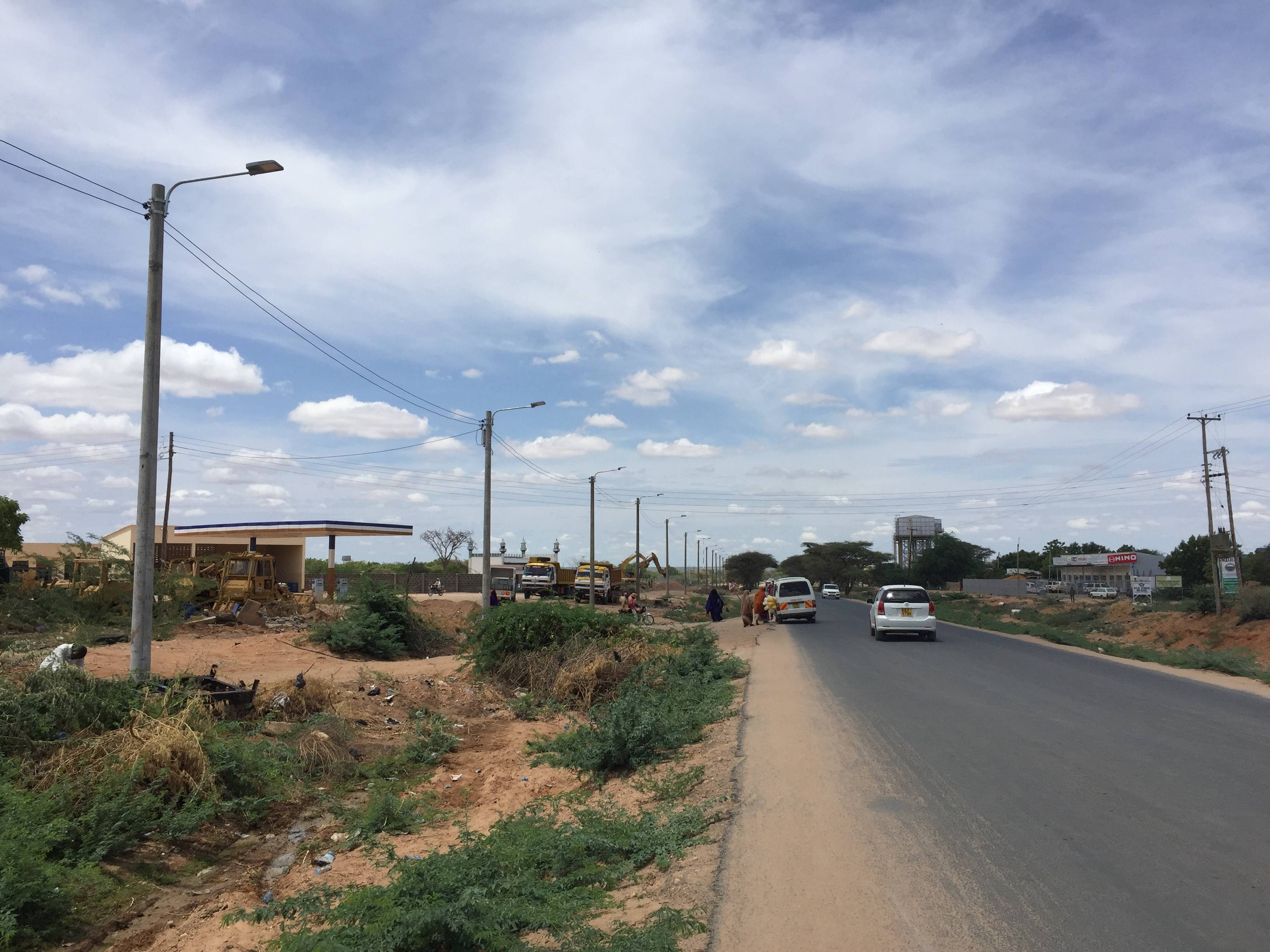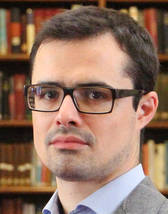Episode 9: Preventing Violent Extremism with Resilience and Social Cohesion
Hosts Jessica White and Raffaello Pantucci are joined by Gayatri Sahgal and Stijn Sieckelinck to discuss resilience in the context of preventing violent extremism, or what it means to try to ensure that individuals and communities can effectively resist radicalisation and recruitment or have the capacity to rebuild following these events.
While ‘resilience’ is often referred to as a goal of these types of interventions, it remains a very opaque term and can equally be used to refer to a process or an outcome. This can be due to the fact that resilience is often used in contexts where there is a high degree of complexity, such as multiple intersecting drivers of violent extremism. For example, there might be poor governance and lack of education; the violent extremist group might be offering a salary; and an individual might be more vulnerable because they are seeking opportunities for a better future.
‘Social cohesion’, a concept often used in conjunction with resilience, can sometimes be mistakenly seen as part of the same process. However, Stijn and Gayatri describe how this term is quite distinct, as a measure of cohesiveness between different social groups. What, therefore, are the best ways to encourage resilience to violent extremism within individuals and communities?

A comprehensive research programme on the effectiveness of preventing and countering violent extremism (P/CVE) projects.
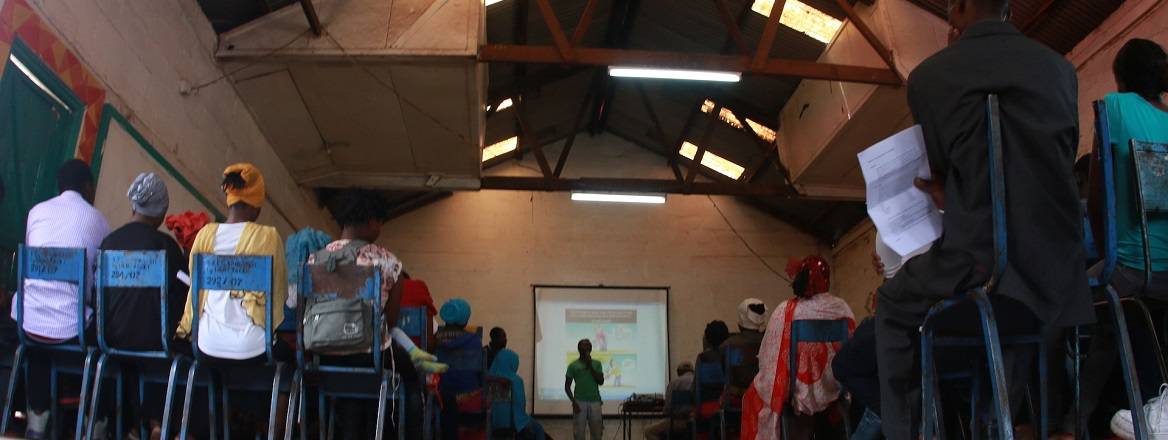
Following on from STRIVE Horn of Africa, this project was the second delivered by RUSI as part of the EU’s global STRIVE platform.
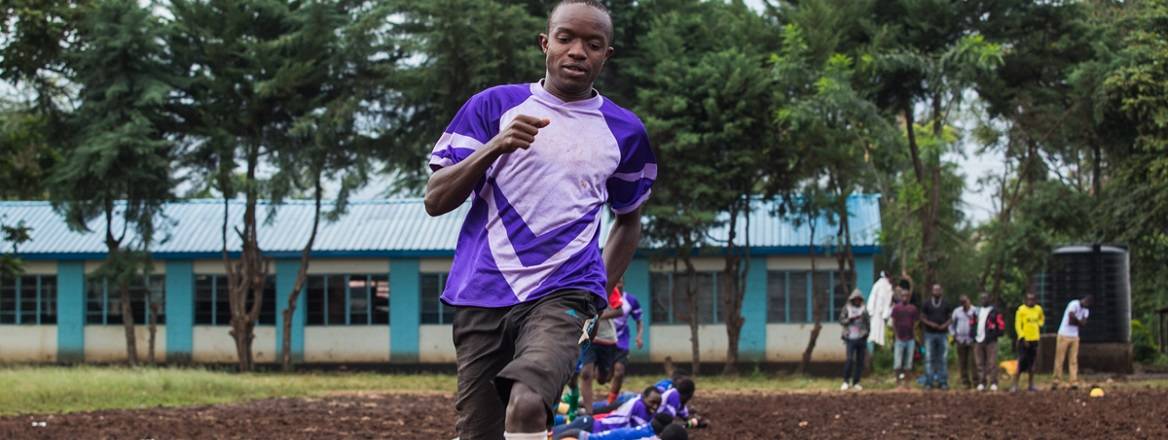
This RUSI-implemented pilot programme (2014-2017) was the first dedicated effort by the European Union to implement a countering violent extremism project outside its borders.
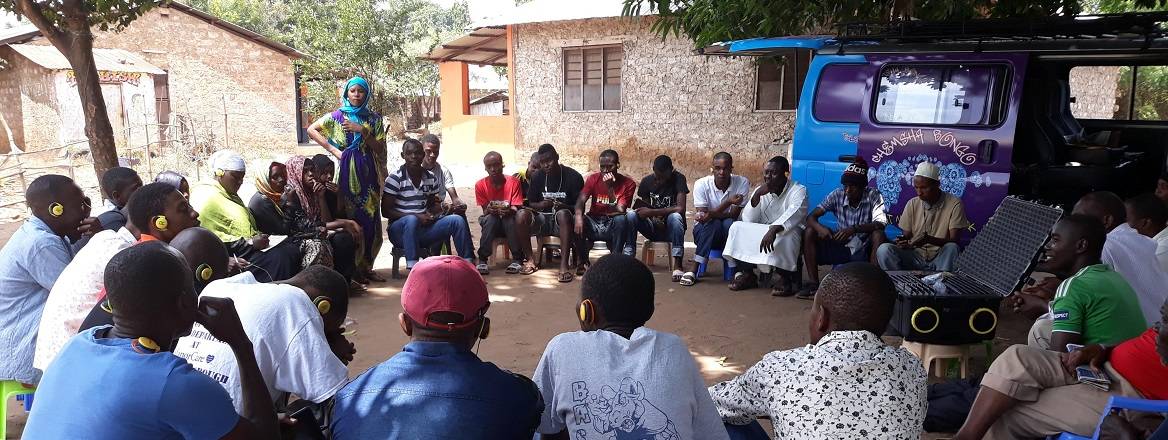
A systematic review of the effectiveness of counterterrorism (CT) and preventing and countering violent extremism (P/CVE) activities.

RUSI partnered with Search for Common Ground and Human Cognition to explore social perceptions and information-sharing networks within communities in Kenya affected by violent extremism.

FEATURING
Dr Jessica White
Acting Director of Terrorism and Conflict Studies
Terrorism and Conflict
Raffaello Pantucci
RUSI Senior Associate Fellow, International Security
Dr Gayatri Sahgal
RUSI Associate Fellow, Terrorism and Conflict
Dr Stijn Sieckelinck
Professor at the University of Applied Sciences of Amsterdam


